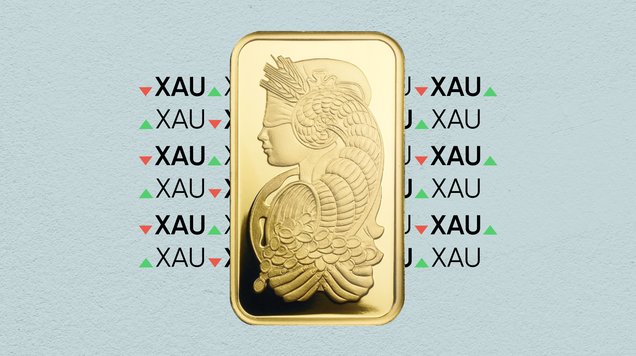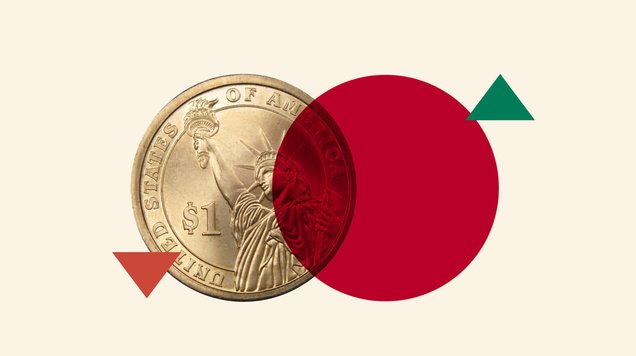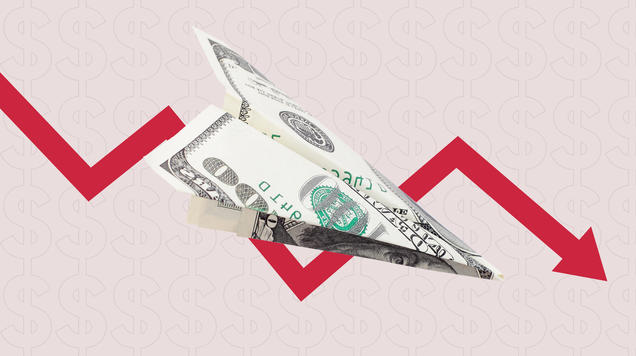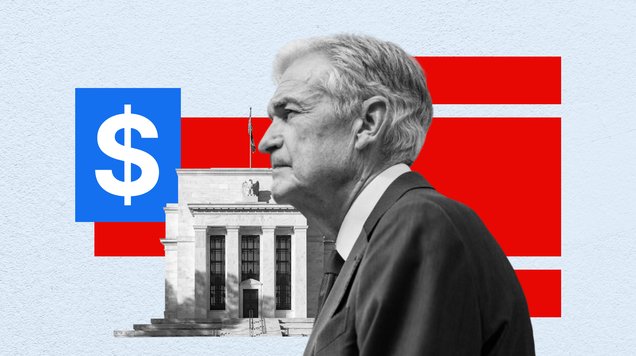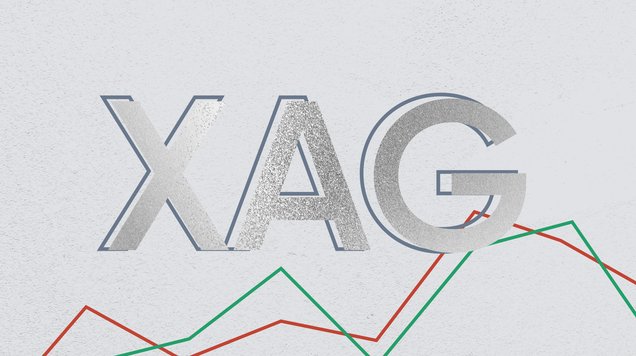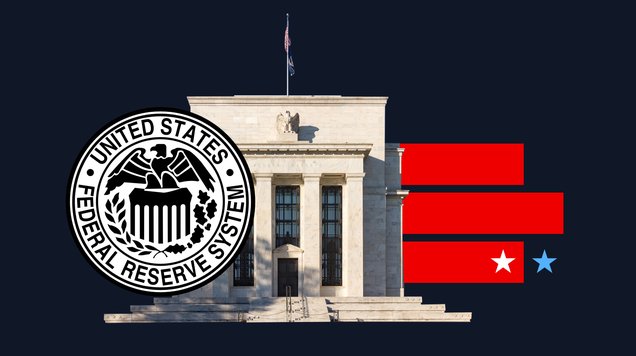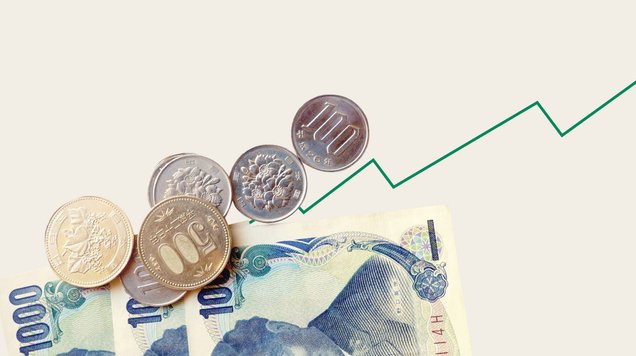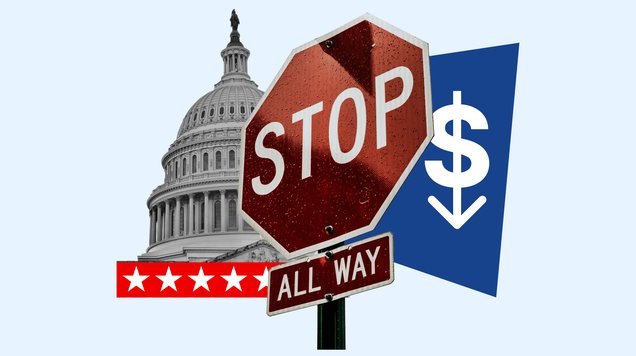UK retail sales rise again, defying slowdown fears and boosting GDP outlook
The UK retail sector delivered an unexpected boost to the economy in September, marking its fourth consecutive month of growth. Sales volumes rose 0.5% from August — beating forecasts of a decline — as consumers continued to spend despite cooler weather and mounting speculation about tax increases ahead of the November budget. The data suggests that resilient household demand may cushion Britain’s cooling labor market and provide modest support to GDP in the third quarter.
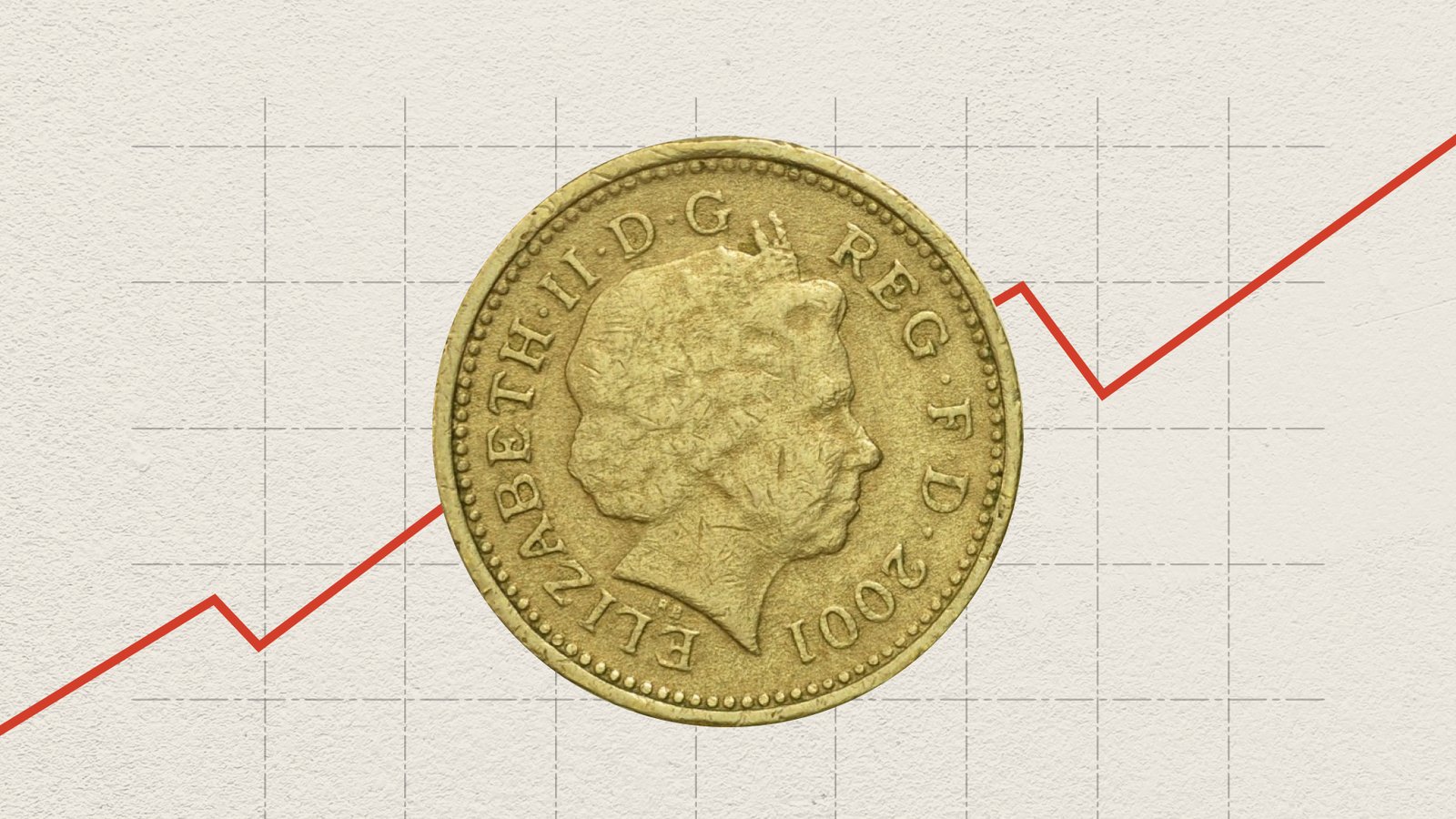
UK retail sales rose 0.5% in September, defying expectations of a decline.
Non-food and household goods saw the strongest growth, up 0.9%.
Consumer confidence improved, reaching its highest level since 2022.
Economists say retail spending likely made a positive contribution to Q3 GDP.
Steady spending despite economic headwinds
In a rare sign of strength for the UK economy, retail activity continued to expand in September, extending a streak of gains that began in early summer. According to the Office for National Statistics (ONS), total retail volumes — covering both in-store and online transactions — rose 0.5% month-on-month, following an upwardly revised 0.6% increase in August.
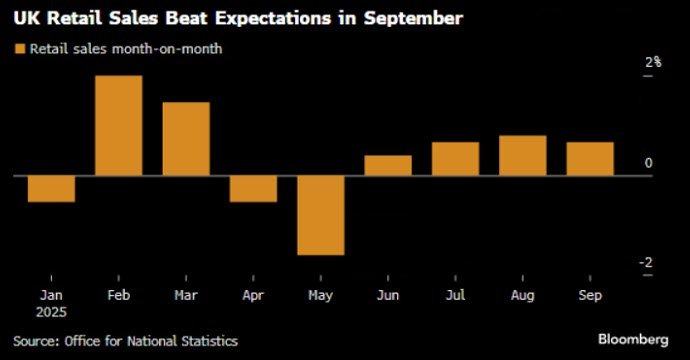
The figures sharply exceeded economists’ expectations for a 0.4% contraction and pushed retail activity to its highest level since mid-2022. The British pound briefly strengthened after the data release, stabilizing near $1.33 as traders adjusted growth projections for the third quarter.
Consumer resilience and the power of savings
Retailers reported that households maintained robust spending patterns despite unseasonably cool and wet weather. Non-food sales rose 0.9%, while household goods stores registered a notable rebound, suggesting renewed demand for durable items.
Online retailers also performed strongly, particularly in the jewelry segment, where consumers appeared to accelerate purchases amid rising gold prices and inflation-linked uncertainty.
Economists noted that household spending continues to benefit from sizable pandemic-era savings, allowing consumers to sustain discretionary purchases even as borrowing costs remain elevated. This resilience helped retail spending make a positive contribution to GDP in the third quarter — the strongest since early 2024.
Confidence returns ahead of the november budget
Consumer sentiment indicators point to cautious optimism. The GfK confidence index, released earlier in the day, rose two points to -17 in October, matching August’s high — the best reading in over a year. Within the survey, the measure of willingness to buy big-ticket items climbed to its highest level since early 2022, signaling renewed appetite for discretionary purchases.
The improvement comes despite speculation of potential tax increases in Chancellor Rachel Reeves’ upcoming budget, scheduled for November 26. So far, households appear unfazed, and retail analysts suggest that sentiment could continue improving if inflation stabilizes and job losses remain contained.
Broader macro backdrop: Growth slows but not stalls
While Britain was the fastest-growing economy among the G7 in the first half of 2025, momentum has clearly slowed in recent months. A cooling jobs market and weakening business confidence have prompted investors to revive expectations of a Bank of England rate cut before year-end.
The central bank faces a delicate balancing act: cutting rates too soon risks fueling inflation, while maintaining tight policy could stifle consumer demand just as retail activity shows signs of life. For now, policymakers are closely watching fiscal developments, particularly any tax adjustments that might offset the sector’s fragile gains.
Retail remains the economy’s quiet stabilizer
Despite lingering uncertainty, the latest data paints a cautiously optimistic picture of the UK consumer. Spending resilience, modest wage growth, and improved sentiment are helping offset weakness elsewhere in the economy. Economists warn, however, that without productivity gains or stronger wage momentum, this recovery in retail activity could prove short-lived.
Still, with household balance sheets healthier than in previous downturns and inflation pressures gradually easing, the sector may continue to provide an important — if understated — pillar of support to the UK’s growth outlook heading into winter.
